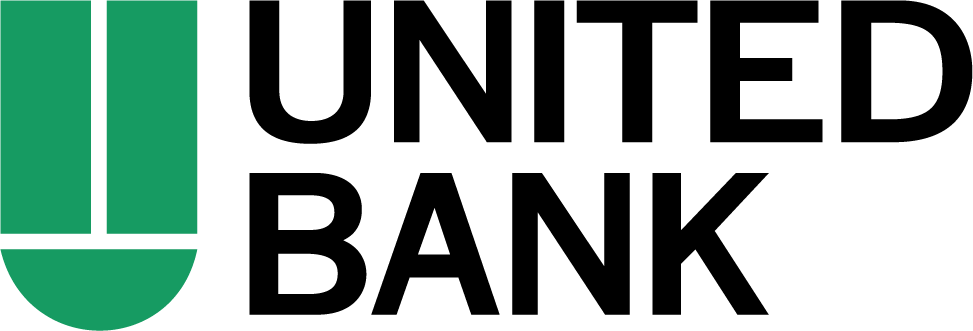You are now leaving www.BankWithUnited.com and being redirected to a website that is not operated by United Bank. Please be aware, United Bank is not responsible for the content or availability of this website and its privacy and security policies may differ from those of United Bank.
The most important thing to know about planning for and investing in a comfortable retirement is that it’s never too late to start.
Regardless of your income, setting a goal and developing a well-rounded retirement strategy can put you on solid financial footing. Getting informed, having a plan, and building a portfolio that makes sense for your specific needs provides you with peace of mind, even during times of uncertainty and financial strain.
Working with a financial professional can help you understand your time horizon and make the most of your savings. Evaluating your financial outlook and taking action toward your investing goals will get you into a growth mindset now, and for the long haul.
Here are 10 tips and strategies to consider to help you become more proactive about planning your retirement.





